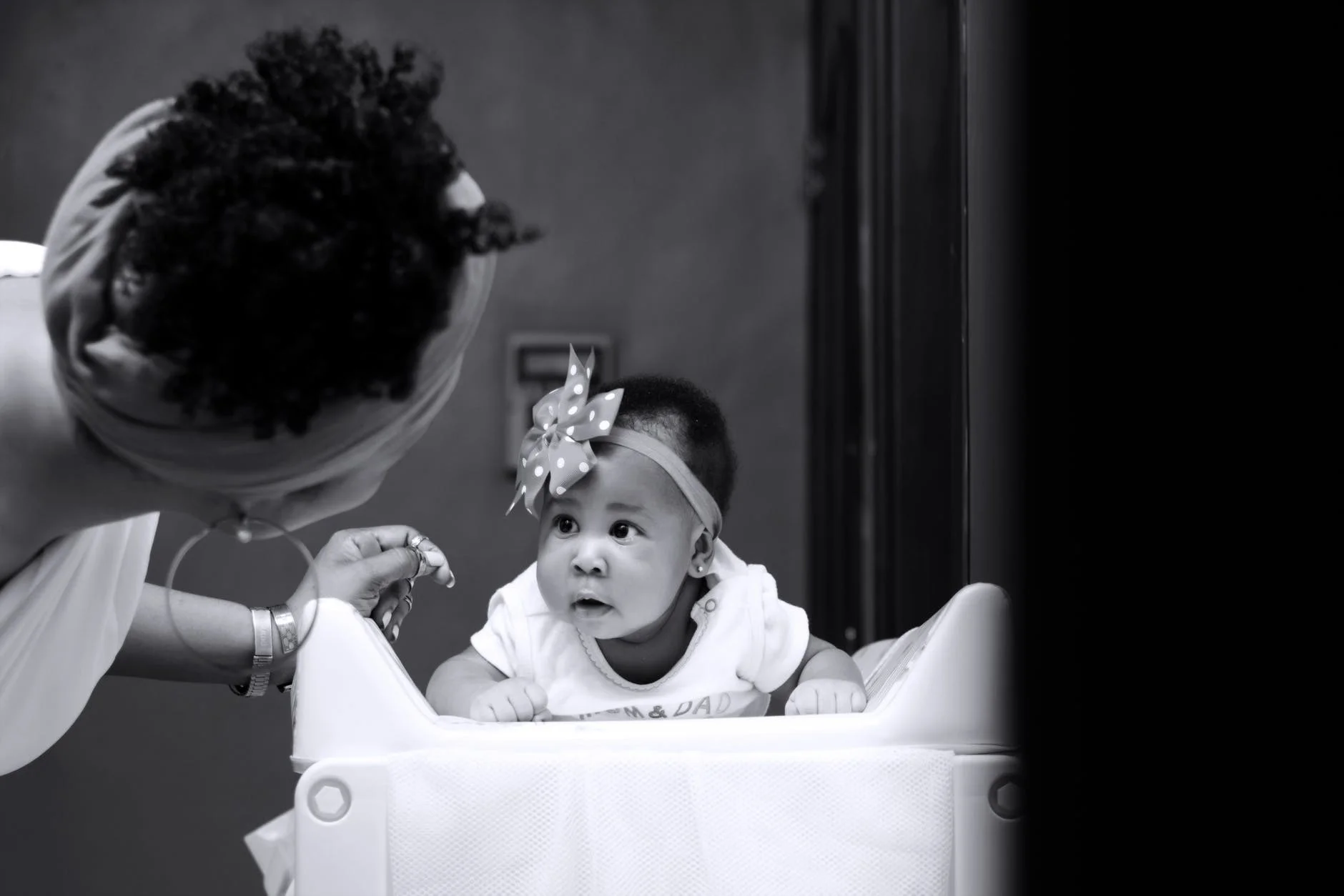Ep. 56: An Interview With Leah Ford On Being a Boob Defender
Note to listeners: This was our last pre-recorded episode from the summer. We recorded this back in August during National Breastfeeding Month! Enjoy!
EQ: What is the current state of women’s health in Pierce County and why is this a social justice issue?
Guest: Leah Ford, a TESC graduate, breastfeeding peer counselor, mother of 2 and advocate for women’s health in Pierce County.
Leah defines the role of a breastfeeding peer counselor, explains why it’s so crucial for breastfeeding moms (especially of color), and why this work is not recognized on a systemic level. For example, while Pierce County needs more peer counselors it doesn’t offer benefits and supports to generate more interest. For varying reasons, our county doesn’t follow effective models like King County.
Leah elaborates on the racial and ethnic disparities in breastfeeding citing important data around why Black Women Higher Risk of Pregnancy Complications and how America Is Failing Black Moms. The conversation includes wrestling with the biggest challenges in health services in Pierce County and what we need to do to overcome these issues.
A few resources mentioned in the episode:
Champagne & Real Pain:
Champagne: for the Target in Weatherford, Texas put up signs in their store telling parents to breastfeed wherever and whenever they need to.
Real Pain: for the lifeguard at the Kokomo Beach Water Park in Kokomo, Indiana for telling a breastfeeding mom to stop even though Indiana state law allows women to breastfeed anywhere.
Do Your Fudging Homework:
Annie: normalize breastfeeding by encouraging your favorite local businesses to put up signage or create a comfortable space for breastfeeding parents (not in a bathroom stall, please).
Hope: Deal with your issues if you’re uncomfortable with breastfeeding--if you’re in the medical field, try to use privileges to complain/criticize/critique the system in order to improve it.
Leah: support moms by offering breastfeeding rooms; reconsider the time of breaks; make a policy as your office (if you don’t know what this looks like, research tool kits and adopt a reasonable policy).
Ep. 17: White Ladies, White Lies
Our EQ: Are lies ever really victimless and why do lies from white women have a disproportionate impact?
Lying is a familiar activity to everyone. Whether it’s little - I swear I didn’t take the last Girl Scout cookie, must have been you - or big - I swear I’m not cheating on you, we’re just friends - lies have consequences. This is especially true for White women who are believed innocent more than anyone else. White lady lies or hwhite lies have more detrimental consequences because of systemic racism and white supremacy. Urban Dictionary defines a white lie as “lies that white people have told others to make their self look righteous”
Famous white ladies who lied:
- Tanya Harding---see documentary I, Tonya
- Rachel Dolezal--The Rachel Divide documentary April 27 on Netflix!!!
- Ijeoma Oluo article from the Stranger April 2017 called The Heart of Whiteness
- Hope Hicks
- Hilary Clinton Superpredators
- One of the worse offenders is Carolyn Bryant Donham who finally admits her claims against Emmett Till were false
Timeless or Terrible:
- Travel size anything
- Teen gossip shows - Gossip Girl, Pretty Little Liars
- Soft Pretzels & Cheese
Do Your Fudging Homework:
- Hope: stop telling white lies; Being Black in a World Where White Lies Matter
- Annie: don’t let people in power get away with their lies. Hold them accountable!
Episode 4: Shame Bell Your Gender Norms & Pumpkin Spice Yogurt
Our essential question is: what is gender and why does it matter?
Hope & Annie continue their conversation about gender norms. What happens when we reject them? How do we work on making our relationships more equitable? The IWLs hit on double standards for girls in school dress codes, how LGBT folks disrupt gender norms by sharing household chores, and the disproportionate amount of emotional labor female-identified folks tend to do in the workplace.
Today’s pop critical theory is deviance. Deviance is behavior that violates social norms. Deviance actually serves a really important purpose - if you deviate from the norm, it's often because you're figuring out your identity and finding a sub-group to belong to, which can be really empowering. It can also be alienating, since you're separated from the group that sets the norms. How are we rewarded when we deviate? How are we punished? How many people need to be deviant before it becomes the norm? Deep thoughts!
References:
Do Your Fudging Homework:
- Hope: Samoan Third Gender--Read about it! Samoan Boys Raised As Girls The Feed/SBS Viceland
- Annie: “Environmental Racism is the New Jim Crow” published by the Atlantic on June 5, 2017.






